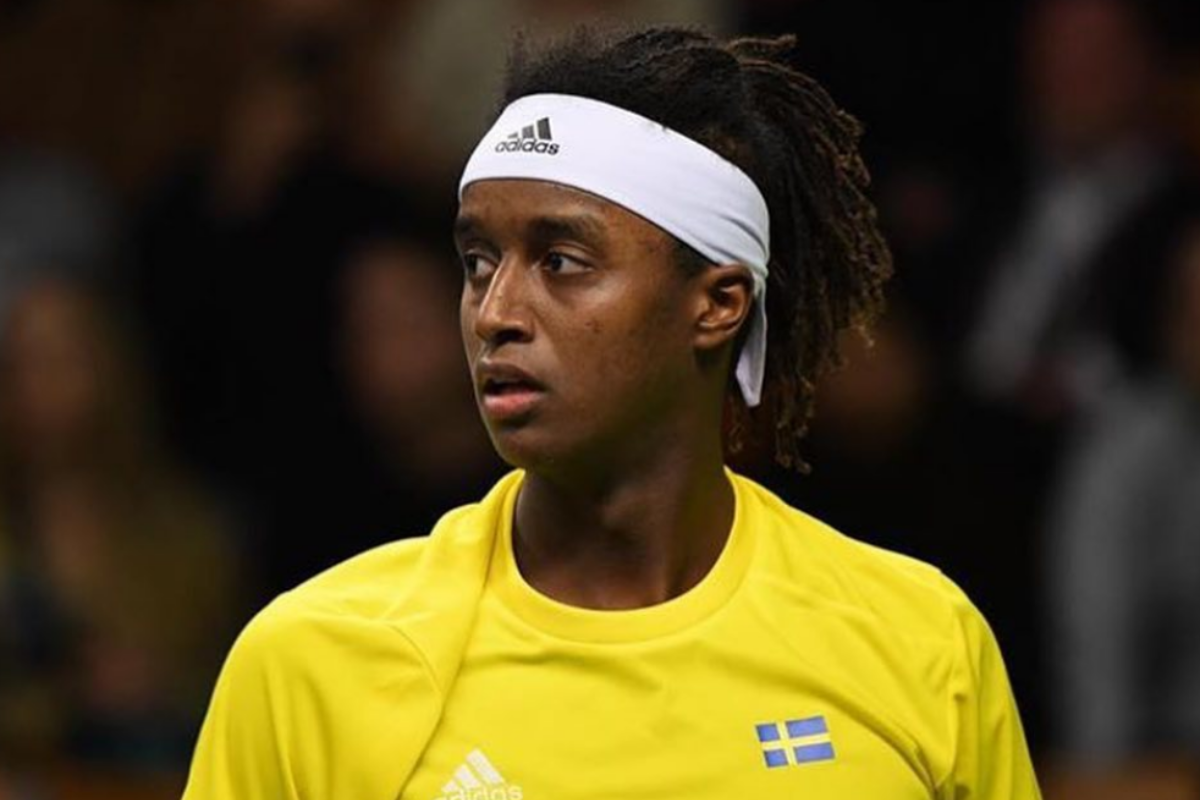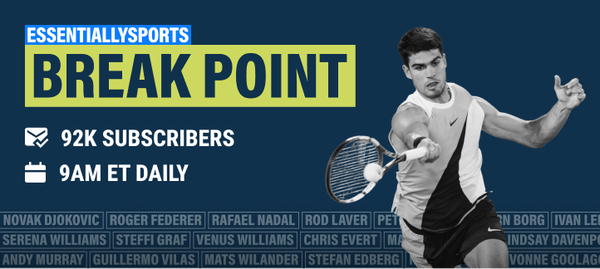
Imago
Credits – Instagram / @ymerjr

Imago
Credits – Instagram / @ymerjr

Imago
Credits – Instagram / @ymerjr

Imago
Credits – Instagram / @ymerjr
The integrity of tennis’s anti-doping system faces a profound crisis of confidence, with recent controversies on both the ATP and WTA scenes exposing deep-seated concerns about transparency and consistency. While the Tennis Anti-Doping Programme (TADP) administers a comprehensive testing system that collected an average of 1,905 samples annually between 2003 and 2009, resulting in a relatively low positive test rate of 0.38%, the current landscape is dominated by debates over inconsistent sanctions.
Watch What’s Trending Now!
The core issue revolves around the perception that the sport operates a two-tier system, where top-ranked players receive preferential treatment compared to their lower-profile counterparts, creating what many professionals now describe as a fundamental integrity problem within the sport.
In this volatile climate, Swedish ATP professional Mikael Ymer offered a telling silent protest at the Stockholm Open that spoke volumes about the sport’s current atmosphere. As reported by @tennismasterr on X, “There are a lot of things that could be said, but I don’t want to become suspended again. So no comment. I don’t have anything planned. I don’t know when my next tournament is going to be,” strongly implied a fear of reprisal should he speak openly about his concerns regarding the anti-doping system.
Ymer, who served an 18-month suspension in 2023 for missing three out-of-competition doping tests—a violation known as “whereabouts failures”—pointedly declined to comment on doping consistency when questioned by journalists. The context fueling Ymer’s hesitance becomes clear when examining the stark disparities in sanctions between recent high-profile cases.
While Ymer received an 18-month ban for procedural violations, world number two Jannik Sinner tested positive twice for the anabolic steroid clostebol yet ultimately negotiated a three-month ban through a case resolution agreement with WADA.
🎙️🇸🇪 Mikael Ymer at the Stockholm Open
👉 On whether he thinks tennis authorities treat suspension cases differently (i.e. Sinner's):
“There are a lot of things that could be said, but I don’t want to become suspended again. So no comment.”
👉 On his future:
“I don’t have… pic.twitter.com/95uZJDZNfX
— Tennis Masterr (@tennismasterr) October 14, 2025
Similarly, women’s top player Iga Swiatek accepted a mere one-month suspension after testing positive for trimetazidine, which she attributed to contaminated melatonin. The system’s lack of transparency further fuels perceptions of inequality. Statistics reveal that between 2013 and 2019, as many as 103 tennis players failed doping tests yet faced no sanctions, with their cases never made public. This opacity, combined with what players describe as inconsistent outcomes, has eroded trust in the sport’s governing bodies. And cases like Sinner’s have also received sour reactions from other ATP pros.
Nick Kyrgios called out the ATP for protecting Jannik Sinner
Nick Kyrgios has always been open about his opinions and hasn’t held back when it comes to criticizing the ATP for how they dealt with Jannik Sinner’s doping case. “Ridiculous – whether it was accidental or planned. You get tested twice with a banned substance (steroid)…you should be gone for two years. Your performance was enhanced. Massage cream…yeah, nice,” he remarked when the Italian came back positive for the banned substance Clostebol twice in March last year.
Sinner made a return to the court just in time for the Italian Open and the French Open, and he ended up clinching the title at Wimbledon. He also reached the final of the US Open this year and recently took home the title in Beijing. But even with all those accolades, Nick Kyrgios didn’t hold back.
In a recent episode of ‘UNSCRIPTED by Josh Mansour,’ Kyrgios was asked if there’s any player he doesn’t get along with, and he replied, “There are a couple. The thing about me is like I’m loved by a lot of the locker room, but then there are people that I can’t stand. Like obviously, me and Jannik Sinner now, it’s pretty grim. Obviously, after the whole doping scandal with him testing positive and all that type of stuff, yeah, there are a couple of people I don’t get along with at all…”
So, he just kept criticizing and quickly started blaming ATP, saying, “I mean, obviously, they’re protecting him to some degree. I mean, the CEO and all of the important people in the ATP are all Italian. And like the whole story for me is bulls—.” Kyrgios’ words might sting a bit for Sinner’s fans, but really, it’s a direct confrontation with the governing body that’s supposed to look out for the players. For sure, with those unfair bans, a lot of honest players might really start to wonder about their integrity in the sport.


